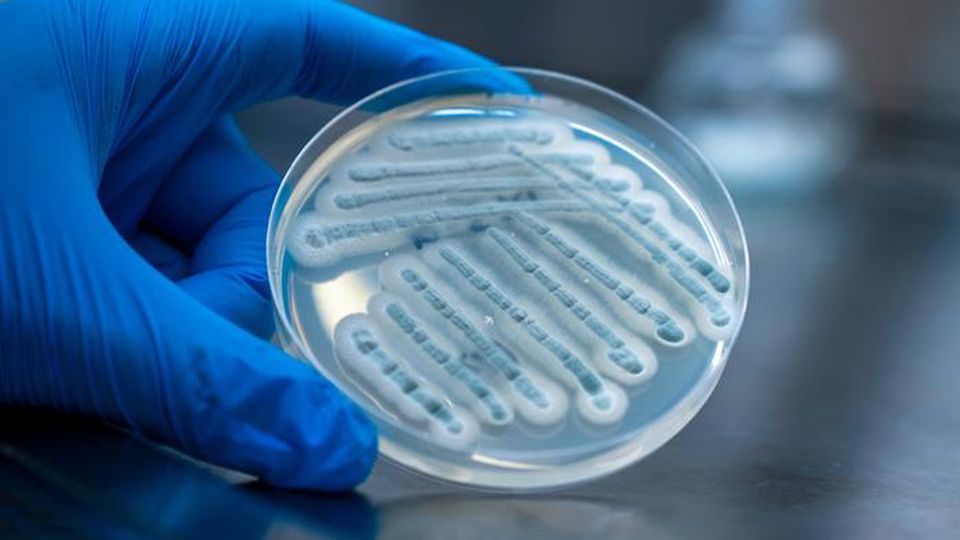The ocean has always held an air of mystery and wonder but its depths also harbor remarkable secrets with the potential to transform the field of medicine. In recent years, marine enzymes have emerged as unsung heroes in drug discovery – offering innovative solutions to some of the most challenging healthcare problems. This article delves into the captivating world of marine enzymes and their crucial role in shaping the future of pharmaceuticals.
The Lure of Marine Biodiversity
The world’s oceans are home to an astonishing array of life. From the tiniest microorganisms to majestic marine creatures. In this rich tapestry of biodiversity, scientists have discovered a vast reservoir of unique enzymes with extraordinary properties.
Marine enzymes have evolved over millennia to thrive in extreme conditions such as the crushing pressure of the deep sea, frigid polar waters and scorching hydrothermal vents. These enzymes have developed specialized functions to adapt to their environments, making them valuable tools for researchers seeking innovative solutions in drug discovery.
Unraveling the Potential of Marine Enzymes
Marine enzymes are finding their way into pharmaceutical research laboratories for several compelling reasons:
- Unparalleled Diversity: The vast variety of marine organisms, from sponges and corals to microorganisms like bacteria and fungi offer a treasure trove of unique enzymes with untapped potential. Each species carries enzymes with specific functions – making marine biodiversity a rich source for drug discovery.
- Novel Structures: Many marine enzymes possess structures and properties distinct from their terrestrial counterparts. These differences open up new avenues for drug design and development.
- Biocatalysis: Marine enzymes are natural biocatalysts, capable of performing complex chemical reactions with precision. Researchers are harnessing these capabilities to synthesize pharmaceutical compounds more efficiently and sustainably.
- Therapeutic Potential: Marine enzymes are being explored for their direct therapeutic applications. Some have shown promise in treating diseases like cancer, cardiovascular disorders, and neurological conditions.
Promising Applications
Marine enzymes are making waves in various aspects of drug discovery and development:
- Drug Synthesis: Enzymes from marine organisms are being employed to synthesize pharmaceutical compounds. Their specificity and efficiency reduce the need for harsh chemical processes, making drug production more environmentally friendly.
- Bioprospecting: Researchers are constantly on the hunt for new marine enzymes with potential applications. Extensive bioprospecting efforts are uncovering enzymes that can target specific diseases or improve drug delivery systems.
- Biological Assays: Marine enzymes play a crucial role in designing biological assays used to screen potential drug candidates. These assays help identify compounds that can be further developed into effective medications.
- Biological Models: Marine organisms themselves can serve as models for studying human diseases. Insights gained from studying marine life can inform drug discovery for conditions ranging from neurodegenerative diseases to cancer.
Challenges and the Path Forward
While marine enzymes offer immense promise, challenges remain. Ensuring a sustainable approach to harnessing these resources and addressing issues related to enzyme stability and scalability are essential for their successful integration into pharmaceutical research.
As researchers continue to explore the vast potential of marine enzymes, the horizon of drug discovery expands. From the depths of the ocean to the pharmacy shelves, these enzymes are ushering in a new era of innovative medicines and improved healthcare. The journey from sea to pharmacy is one of endless possibilities, and the future of pharmaceuticals is undoubtedly intertwined with the wonders of the deep blue.

